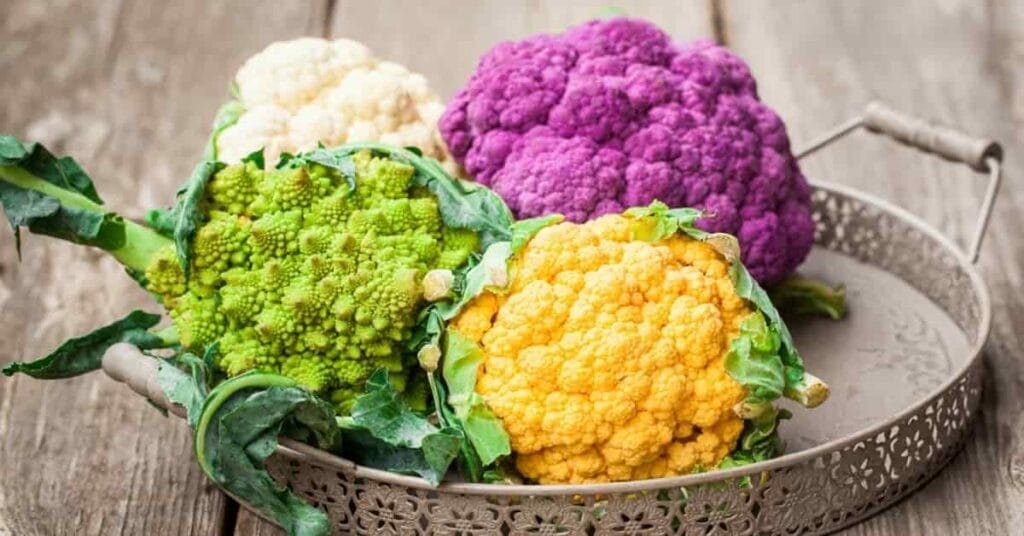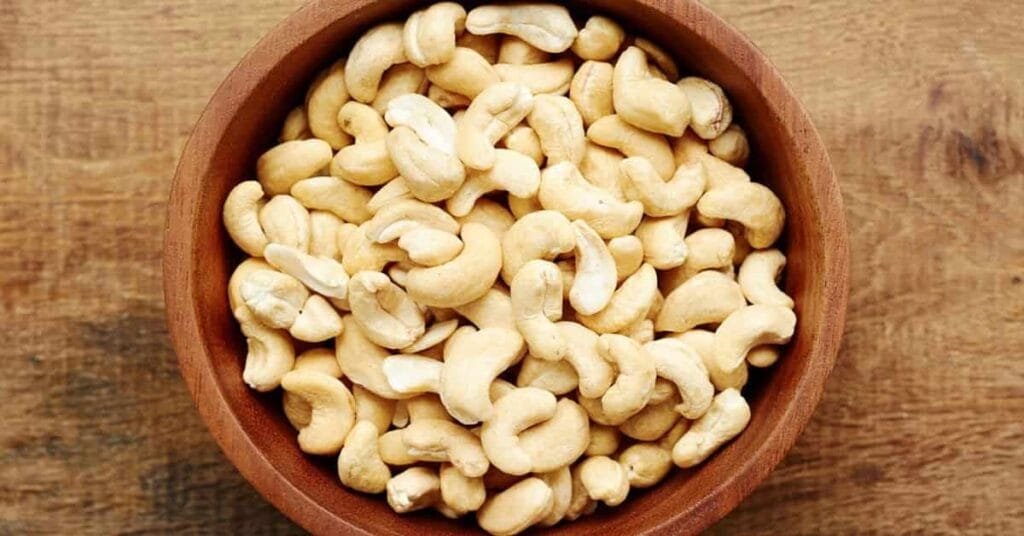Gooseberries, particularly known as Ribes uva-crispa for the European variety and Ribes grossularia for the American variety, are small, tart berries that offer a range of nutritional benefits. They are packed with vitamins, minerals, and antioxidants, making them a valuable addition to a healthy diet. Here’s a detailed look at the nutritional value of gooseberries and the health benefits associated with them.
Nutritional Profile of Gooseberries (per 100 grams)
Here’s a general breakdown of the nutritional value of raw gooseberries:
- Calories: 44
- Water: 85%
Macronutrients:
- Carbohydrates: 10.18 g
- Dietary Fiber: 4.3 g
- Sugars: 5.72 g
- Protein: 0.6 g
- Fat: 0.3 g
Vitamins:
- Vitamin C: 27.7 mg (about 31% of the Daily Value)
- Vitamin A: 0 IU
- Vitamin K: 9.6 µg (about 8% of the Daily Value)
- Vitamin E: 0.23 mg (about 2% of the Daily Value)
- Vitamin B6: 0.06 mg
Minerals:
- Potassium: 322 mg (about 7% of the Daily Value)
- Magnesium: 10 mg (about 2% of the Daily Value)
- Calcium: 25 mg (about 3% of the Daily Value)
- Iron: 0.28 mg (about 2% of the Daily Value)
- Phosphorus: 38 mg (about 4% of the Daily Value)
Health Benefits of Gooseberries
- High in Vitamin C:
- Gooseberries are an excellent source of vitamin C, which is crucial for immune system function, skin health, and collagen synthesis. Antioxidant properties help combat oxidative stress and reduce inflammation.
- Rich in Antioxidants:
- Apart from vitamin C, gooseberries contain other powerful antioxidants such as quercetin, beta-carotene, and flavonoids. These compounds help neutralize free radicals, potentially lowering the risk of chronic diseases like heart disease and cancer.
- Promotes Digestive Health:
- The high fiber content in gooseberries aids digestion by preventing constipation and promoting regular bowel movements. Dietary fiber is also beneficial for maintaining a healthy gut microbiome.
- Supports Heart Health:
- By lowering cholesterol levels and improving overall heart health, the antioxidants in gooseberries can help reduce the risk of cardiovascular diseases. Potassium in gooseberries is also essential for regulating blood pressure and maintaining heart function.
- Aids in Weight Management:
- Low in calories and high in dietary fiber, gooseberries can be a great addition to a weight-loss diet. Their fiber content helps increase feelings of fullness, which may reduce overall calorie intake.
- Anti-Inflammatory Properties:
- The antioxidants in gooseberries have anti-inflammatory effects that can help reduce swelling and pain in conditions such as arthritis. Regularly consuming anti-inflammatory foods can support overall health and well-being.
- Improves Skin Health:
- Vitamin C and other antioxidants in gooseberries promote healthy skin by combating signs of aging, reducing sun damage, and facilitating collagen formation. They may also help with acne due to their anti-inflammatory properties.
- Boosts Eye Health:
- Antioxidants like vitamin A and flavonoids in gooseberries may aid in improving eye health and reducing the risk of age-related macular degeneration and cataracts.
- Enhances Liver Function:
- Some studies suggest that gooseberries may help improve liver function and promote detoxification processes, supporting overall liver health.
- May Aid Blood Sugar Control:
- Preliminary research indicates that compounds in gooseberries could help regulate blood sugar levels, making them beneficial for individuals with diabetes or those at risk of developing diabetes.
- Versatile in Cooking:
- Gooseberries can be used in a variety of dishes, from jams and jellies to desserts, salads, and savory dishes, making them a versatile fruit to incorporate into your diet.
Conclusion
Gooseberries are a highly nutritious fruit that can offer various health benefits, from boosting immunity to supporting heart health and promoting healthy digestion. Their impressive nutritional profile, rich in vitamins, minerals, and antioxidants, makes them a valuable addition to your diet.
Incorporating gooseberries into your meals can be easy and delicious. Whether you enjoy them raw, in smoothies, or as part of desserts, these small berries can significantly enhance your nutritional intake.


